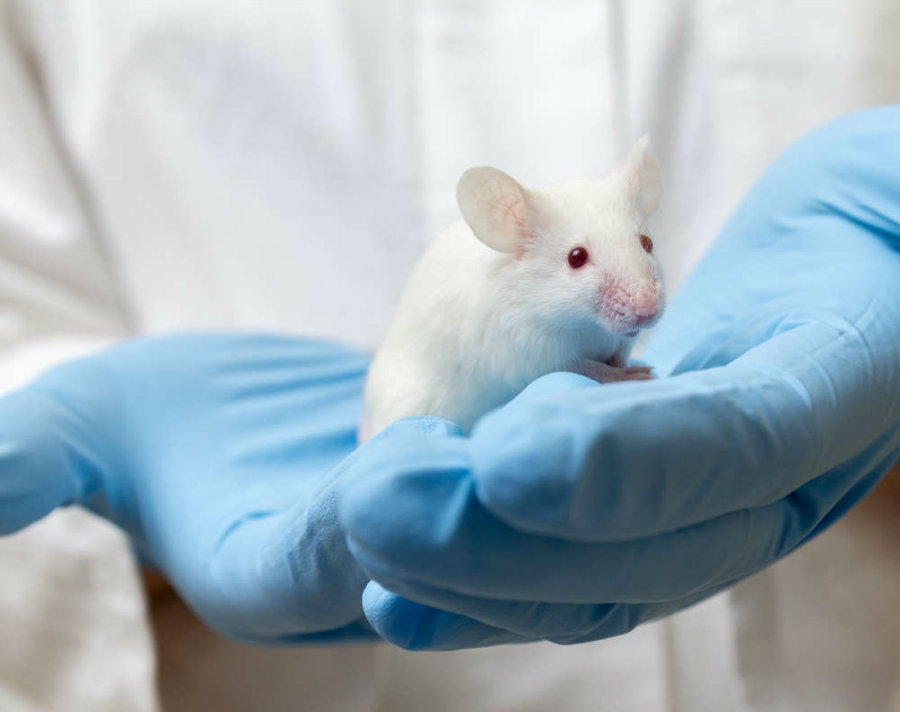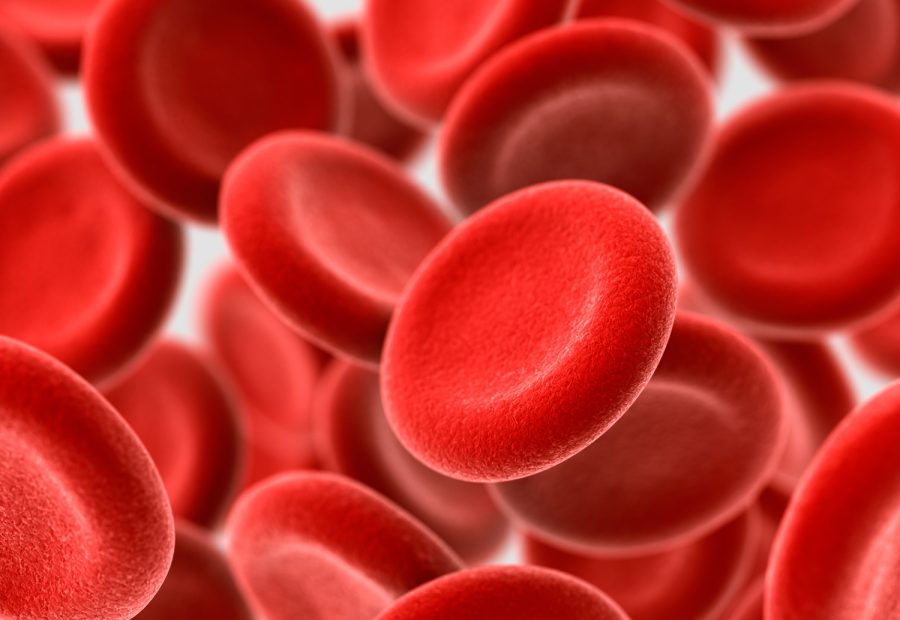A new study has found that human umbilical cord blood can rejuvenate memory and learning functions in older mice. Researchers from Stanford University School of Medicine have also identified a protein abundant in human cord blood that decreases when aging, which had the same effect when injected into the animals.
Postdoctoral scholar Joseph Castellano led the study. In 2014, Wyss-Coray also conducted an investigation that found that on spatial memory tests, old mice that were given infusions of blood plasma from young mice outperformed old mice that got plasma from old mice.

“Neuroscientist have ignored it and are still ignoring it, but to me it’s remarkable that something in your blood can influence the way you think,” said Tony Wyss-Coray, study’s lead author, and professor of neurology and neurological sciences at the Veterans Affairs Palo Alto Health Care System.
Blood plasma from younger mice benefited older mice
Wyss-Coray and his team paid particular attention to the hippocampus, which in both mice and humans is a critical brain structure that forms certain types of memories, especially the recollection and recognition of spatial patterns. Wyss-Coray noted that the different experiences alter the hippocampus and it is also vulnerable to the normal aging process.
When the scientists compared hippocampi from old mice that were infused with plasma from younger mice to hippocampi from old mice that had been infused with other old mice plasma, they found substantial differences in a number of biochemical, anatomical and electrophysiological measures that are critical to nerve-cell circuits’ encoding of new experiences for retention in the brain cortex.

The new study is the first demonstration that human plasma can help older mice’s memory and learning, and both Castellano and Wyss-Coray believe the same could be done for people. They added that the protein also appears promising from a drug-development standpoint, as it seems to be mostly capable of mimicking those benefits.
Umbilical cord blood plasma improved significantly old mice’s memory functions
Researchers compared blood plasma from 19 to 24-year-olds, 61 to 82-year-olds and umbilical cords, they were able to identify age-associated changes in certain proteins. They suspected that these changes might affect the hippocampus.
The study noted that the hippocampus is vulnerable to normal aging. A deteriorated hippocampus is also a manifestation of Alzheimer’s disease.

To determine the effects of old, young and youngest human blood on hippocampal function, the team used immune-deficient lab mice that could be administered with repeated injections of human plasma without experiencing negative immune reactions. Before conducting the tests, they examined the laboratory mice and concluded that the mice’s hippocampal activity had dropped off in old age.
Old immune-deficient mice performed more poorly than younger mice on tests of learning and memory. However, when the older mice received human umbilical-cord blood plasma every four days over a period of two weeks, many measures of the hippocampal function improved. Blood plasma from older people didn’t help hippocampal function at all and young-adult plasma induced an intermediate effect.
After seeing the tests results, the team set out to find what did the umbilical cord blood had that caused an old brain to act younger. To find out what it was, researchers gauged plasma-protein levels in both humans and mice from different ages, in search of proteins that both species shared in common and whose levels changed similarly with age. One protein called their attention, as such protein, when tested in a test designed to discern substance’s ability to heighten nerve-cell activity, triggered the activity to a significant degree.
The protein called tissue inhibitor of metalloproteases 2, or TIMP2, is part of a family of four TIMPs that regulate the activity of other proteins. Researchers then injected TIMP2 by itself into old mice and the benefits from umbilical cord plasma duplicated. The protein even improved mice’s nesting capacity, which is lost due to old age in the rodents. However, mice who were given human blood plasma without TIMP2 did not improve any learning or memory functions. They also found that administering TIMP2-neutralizing antibodies to normal young mice, which normally perform well on memory tests, obliterated their prowess.
“TIMP2’s effect in the brain have been studied a little, but not much and not in aging,” said Castellano. “In our study, it mimicked the memory and learning effects we were getting with cord plasma. And it appeared to do that by improving hippocampal function.”
Source: Stanford Medicine News
